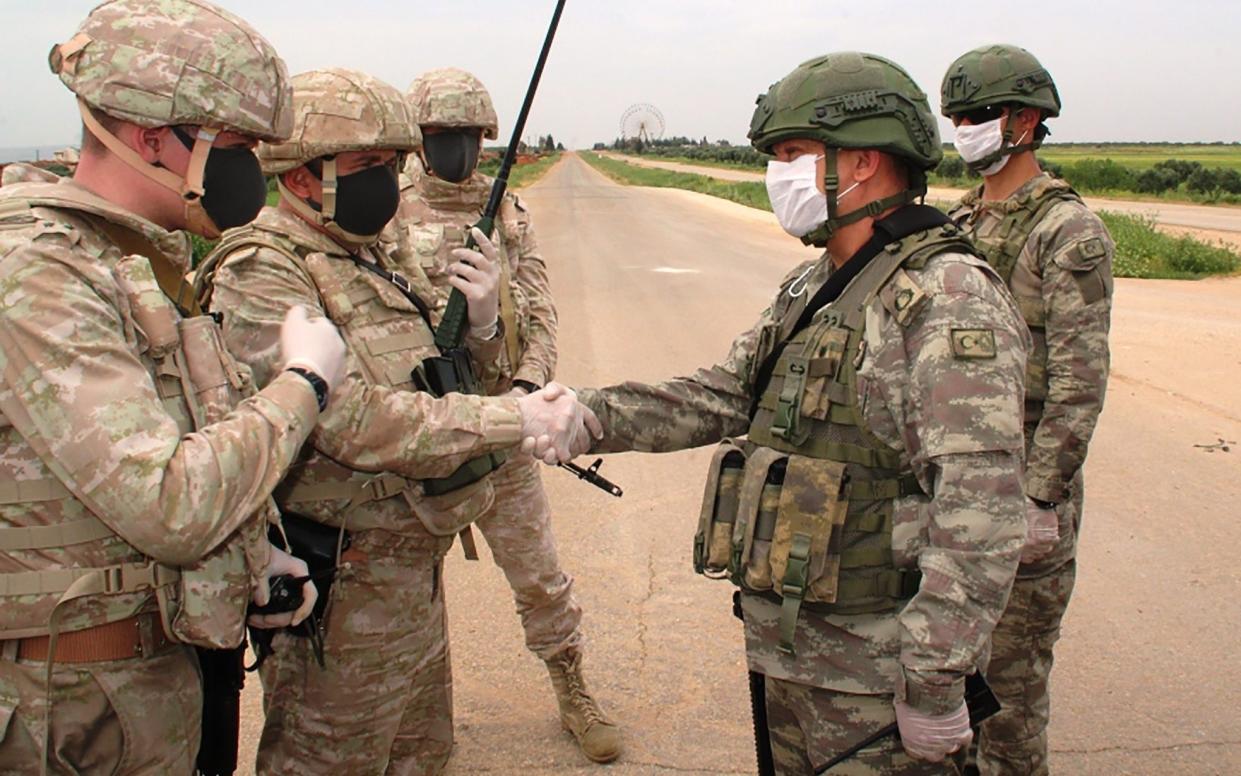Calls for global ceasefire delayed by China and the US

China and the United States are delaying an international effort to end fighting in conflict zones around the world for the duration of the coronavirus pandemic as they jockey for dominance in a post-pandemic world.
United Nations Secretary General Antonio Gutteres called for a global ceasefire or “humanitarian pause” to allow the world to concentrate on fighting the coronavirus pandemic in March.
But a United Nations security council resolution drafted by France and Tunisia has been stuck in suspended animation due to what diplomatic sources described as a tussle between Washington and Beijing over dominance in the post-Pandemic world.
A video summit between the leaders of the permanent members of the security council, China, France, Russian, the United Kingdom and the United States has also repeatedly been delayed. “It is very frustrating,” said a European diplomat with knowledge of the talks. “The world is looking up to us, it is a global catastrophe, and the Security Council, the most important body of governments in the world, is not saying anything.”
Proposals were initially delayed when the United States insisted on stating that Covid-19 began in the Chinese city of Wuhan, and later when Russia and the United States insisted on changing the text to allow them to continue “counter terrorist” operations.
The US later dropped its insistence on the Wuhan reference, and the text was amended to refer only to countries and conflicts on the Security Council agenda.
A second delay came when US officials insisted on deleting references to the World Health Organization, the UN’s global health agency, after Donald Trump suspended US funding for it on March 15.
Two diplomatic sources told the Telegraph that China immediately began to insist on making references to the WHO more prominent, in a move that some have interpreted as a deliberate delaying tactic.
The draft resolution calls for a ceasefire in all conflicts currently on the Security Council’s agenda, including in Syria, Yemen, Libya, Congo, the Central African Republic, and Colombia.
While largely symbolic, it would enshrine a "humanitarian pause" in international law and could create additional impetus for a diplomatic solutions.
Diplomats have put special emphasis on Yemen, where after five years of stalemate the Saudi-led coalition has indicated it may be willing to contemplate a negotiated solution to the conflict with Houthi rebels.
Elsewhere, however, prospects for a ceasefire seem slim.
In Libya, fighting has escalated over the past two months as forces loyal to the Tripoli-based government backed by the Turkish military seek to push back General Khalifa Haftar’s Libyan National Army, which is backed by the United Arab Emirate and Russia.

